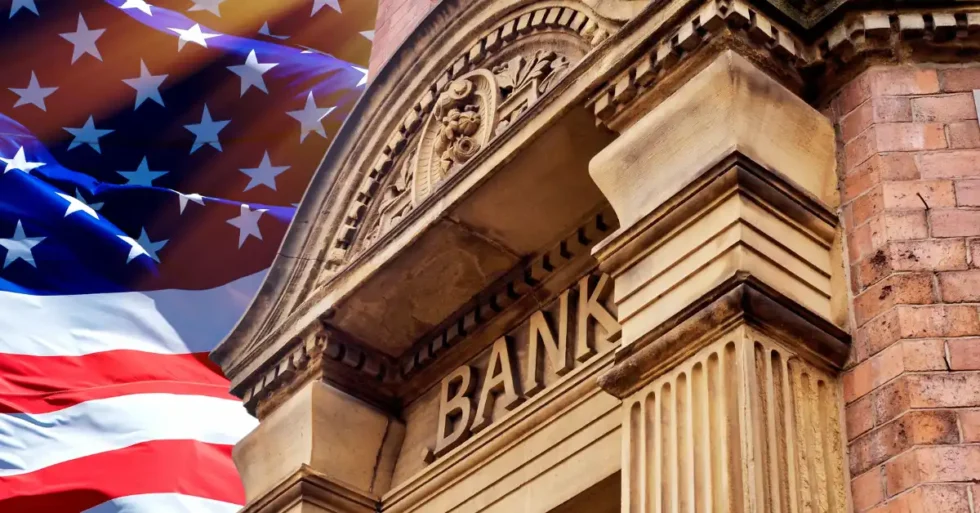
Introduction
Imagine waking up one day to find out your Bank of America account has been closed without warning. Your debit card stops working, your online banking access is revoked, and your money is suddenly unavailable. Scary, right? Unfortunately, this is a reality many customers face due to the bank’s policies on account closures.
Bank of America, like many other financial institutions, has strict rules when it comes to maintaining active accounts. Whether it’s due to inactivity, suspected fraud, or internal banking policies, the bank has the legal right to close accounts at any time.
But don’t worry—there are ways to prevent this from happening. This article will explain why accounts get closed, the warning signs to watch for, and what you can do to ensure your funds remain safe and accessible.
Why Does Bank of America Close Accounts?
There are several reasons why Bank of America may decide to shut down your account. Understanding these factors can help you take the right steps to keep your account in good standing.
1. Inactivity and Escheatment Laws
One of the most common reasons for account closure is inactivity. If you don’t use your account for a long period—typically three years or more—the bank may consider it dormant. According to state escheatment laws, banks must turn over unclaimed funds to the state government if they remain untouched for an extended period.
2. Suspicious or Fraudulent Activities
Banks have a responsibility to monitor accounts for unusual activities that could indicate fraud or money laundering. If your account shows red flags—such as large, unexplained transactions, frequent cash deposits, or unusual wire transfers—Bank of America might decide to shut it down to mitigate risks.
3. Violations of Banking Policies
If you break the bank’s rules—such as using your account for illegal activities, overdrawing funds repeatedly, or abusing rewards programs—your account may be flagged for closure. Even actions like excessive chargebacks or depositing fraudulent checks can lead to termination.
4. Business Decisions and Risk Management
Sometimes, a bank might close accounts simply because they are no longer profitable or too risky. For instance, Bank of America has been known to close accounts linked to cryptocurrency businesses, adult content platforms, or politically sensitive organizations.
Understanding Inactivity Rules
If you rarely use your Bank of America account, you might be at risk of having it closed. Here’s what you need to know:
How Long Does an Account Have to Be Inactive?
Generally, if an account remains inactive for three years, it becomes “dormant.” This means no deposits, withdrawals, or other forms of activity.
What Happens to Inactive Accounts?
If your account remains inactive for too long, the bank will send you notifications before closing it. If you don’t take action, the remaining funds may be sent to the state treasury under escheatment laws.
How to Avoid Inactivity Status
To prevent your account from being considered inactive:
- Make at least one transaction every few months.
- Log into online banking regularly.
- Set up automatic bill payments or direct deposits.
Signs Your Account Might Be at Risk
If your account is in danger of being closed, you may notice certain warning signs:
- Emails or letters from the bank: These may notify you about inactivity or unusual activity.
- Restricted access: If you suddenly have trouble logging in or making transactions, your account might be flagged.
- Declined transactions: If your debit card stops working despite having funds, your account could be under review.
- Closure notification: In some cases, the bank will send a letter stating that your account will be closed soon.
How to Prevent Your Bank of America Account from Being Closed
Want to keep your account safe? Follow these steps:
- Make Regular Transactions – Even small deposits or withdrawals can keep your account active.
- Set Up Direct Deposits – A recurring paycheck or government benefit deposit will ensure ongoing activity.
- Use Your Debit Card – Make occasional purchases to show account usage.
- Keep Contact Information Updated – Ensure your bank has your correct phone number, email, and mailing address.
- Respond to Bank Notices Promptly – If you receive a warning letter, take action immediately.
What to Do If Your Account is Closed
If your account gets closed, don’t panic. Here’s what to do next:
- Contact Bank of America Customer Service – Ask for details about why your account was closed.
- Retrieve Your Funds – If the closure was due to inactivity, you can claim your money before it goes to the state.
- Consider Opening a New Account – If eligible, you may be able to open a new account with the bank.
Final Thoughts
Having your bank account closed unexpectedly can be frustrating and stressful. However, by staying proactive—making regular transactions, updating your contact details, and monitoring your account activity—you can reduce the risk of losing access to your funds.
If you’re concerned about Bank of America’s policies, consider looking into other banks or credit unions that offer more flexible account management options.
Staying informed and taking action early is the key to keeping your finances secure.
FAQs
1. Can I reopen my Bank of America account after it has been closed?
It depends on the reason for closure. If it was due to inactivity, you may be able to reopen it. However, if it was closed due to policy violations or suspicious activity, reopening may not be possible.
2. How do I know if my account is at risk of closure?
Look out for warning signs such as inactivity notices, restricted access, declined transactions, or direct closure notifications from the bank.
3. What happens if my account is sent to the state under escheatment laws?
You can file a claim with your state’s unclaimed property division to retrieve your funds.
4. Will account closure affect my credit score?
Checking or savings account closures don’t directly impact your credit score, but unpaid overdrafts or fraudulent activity can harm your banking history.
5. What banks offer better alternatives to Bank of America?
Consider credit unions, online banks like Chime, or institutions with more lenient inactivity policies.





